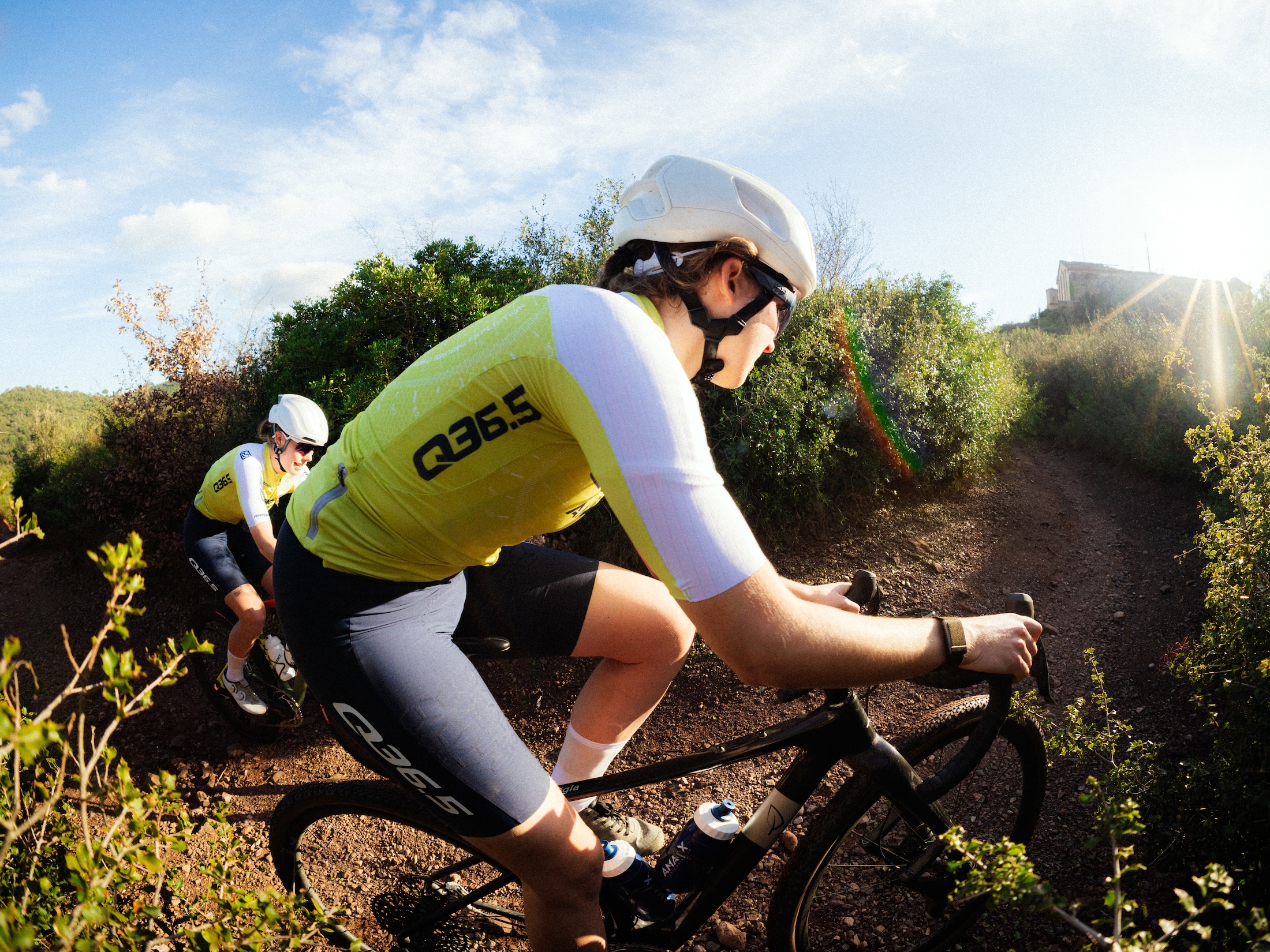Do women need women's specific helmets?
We delve into whether or not women require specific helmets and what the science suggests
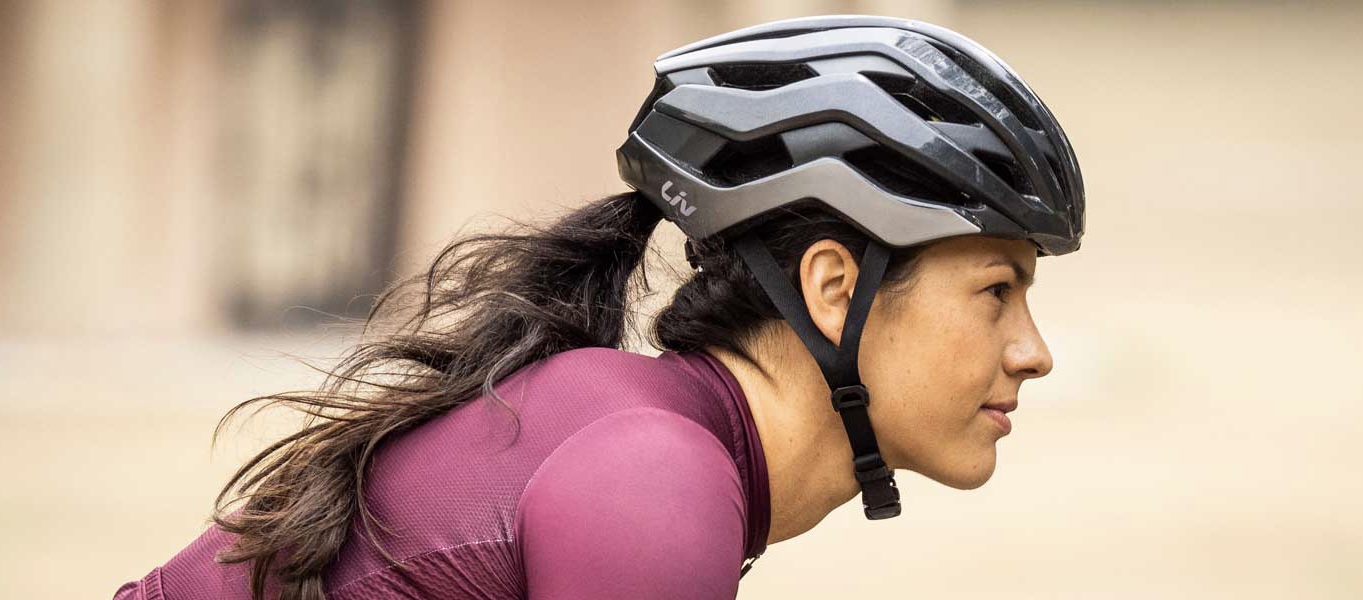
The latest race content, interviews, features, reviews and expert buying guides, direct to your inbox!
You are now subscribed
Your newsletter sign-up was successful
By now we all know the importance of wearing a helmet while riding our bikes, be it while training or when racing. So much research has been presented to us on the increased protection wearing one provides. Of course, there are a great many female cyclists in the world, and with a number of brands making women-specific cycling clothing and bikes, do women need women’s-specific helmets too?
As a woman myself, I’ve found that as long as a helmet fits me correctly I have (fortunately) always been safe and protected during a crash. Likewise, with teammates of mine, they’ve always just worn unisex helmets without any issues. However, with brands such as Bell and Liv offering sex-specific helmets, while the likes of Kask and Specialized do not, I wanted to know what other female cyclists think, and really get to the bottom of whether or not we need a different helmet from our male counterparts.
Many of the best road bike helmets designed for women will offer features such as ponytail compatibility at the back, with the aim to help riders with long hair easily tie it up without it affecting the way the helmet fits their head. This is of course important for safety given a helmet should fit correctly on your head to effectively protect it. This feature is unfortunately something some unisex helmets fail to consider, but it arguably isn’t really a gender issue, given that people of all genders can have long hair.
Separately, some of the women-specific helmets do offer slightly smaller sizes which can make all the difference if you have a small head. Countering this, many brands offer a Western and Asian fit, given the inherent differences in head shape between the two.
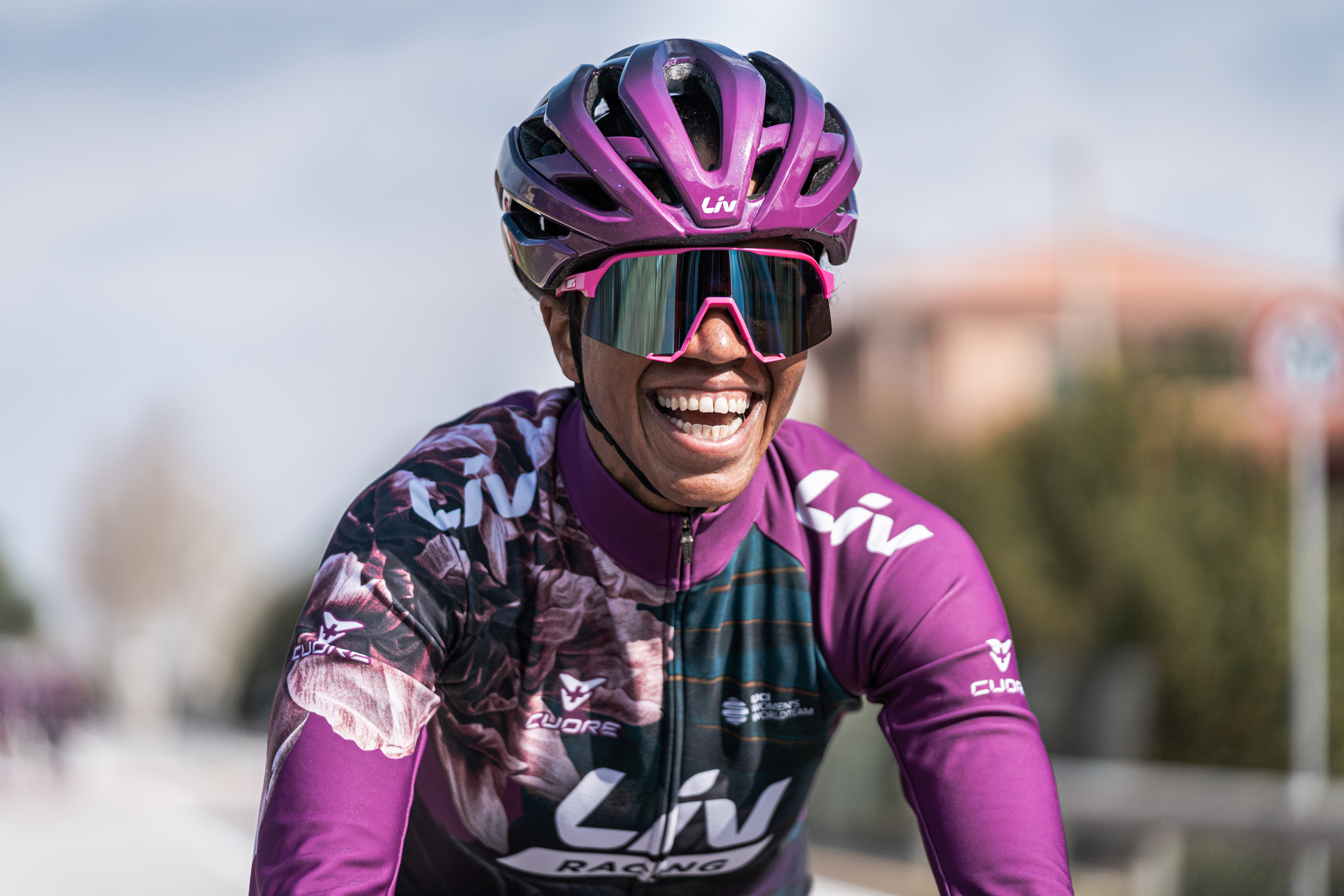
I've been a cyclist for about 25 years, and during that time have found it difficult to find a helmet that properly fits.
Kirsten Frattini, Women's Editor
I got the chance to chat with the Cyclingnews Women’s Editor, Kirsten Frattini, on this topic and she told me that she doesn’t currently wear a women’s specific helmet.
"This is because I more recently found two adult (unisex) helmets; Kask Protone Icon and Abus Airbreaker, that fit very well, and so I went forward with these options," she explained. This follows on from the approach that most of the women I race with have had: as long as a unisex helmet fits well, we’ve never encountered any issues.
Although, with that being said, sizing can sometimes be an issue with unisex helmets, especially as we all have different head shapes. This is something Frattini herself has found throughout the years. "I've been a cyclist for about 25 years, and during that time have found it difficult to find a helmet that properly fits. I've found that many brands offer adult (unisex) helmet options that were too big for me, even if they offered a range of adjustability in their smallest size.
The latest race content, interviews, features, reviews and expert buying guides, direct to your inbox!
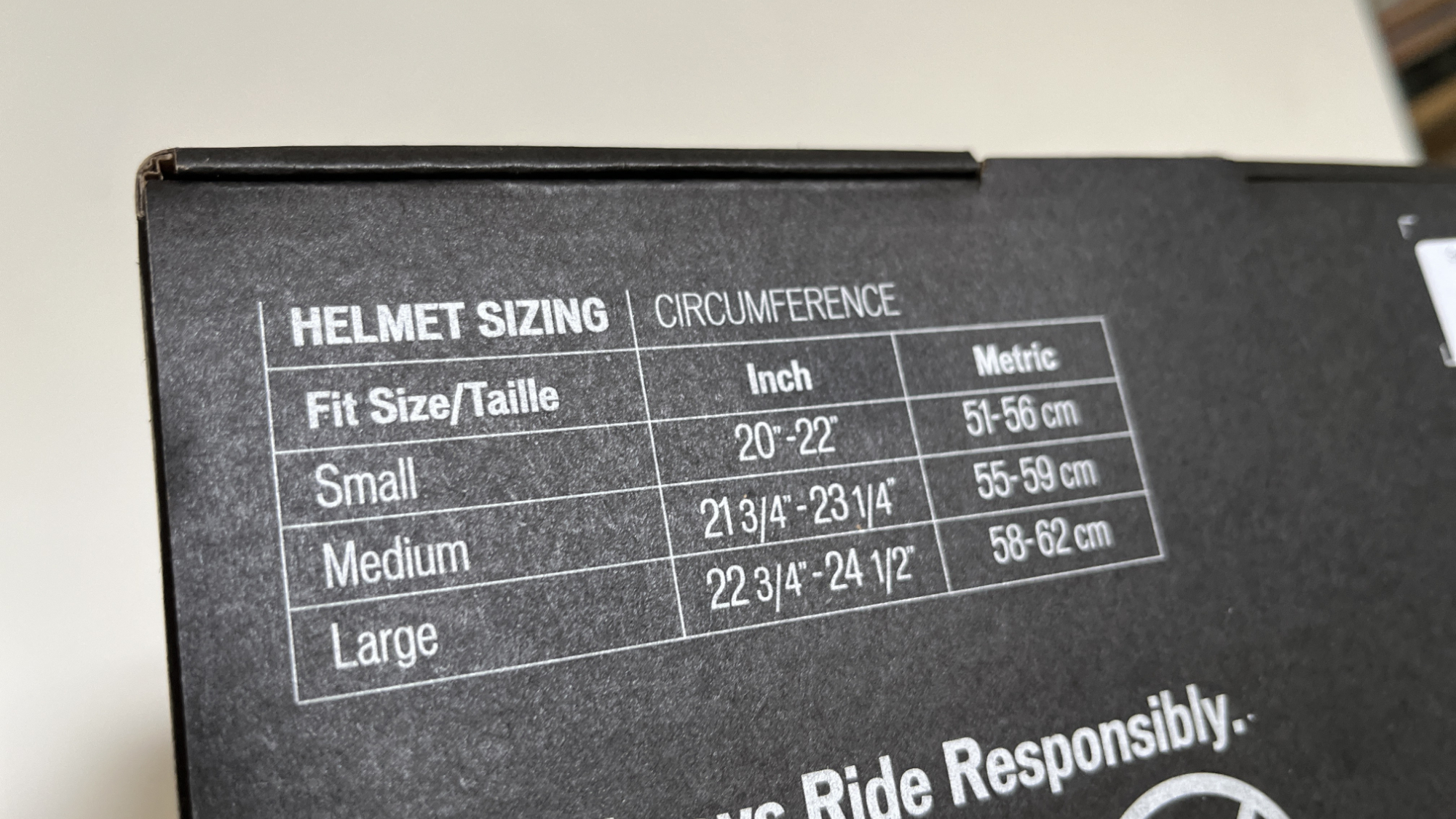
"The issue that I have found with adult (unisex) helmets is that many brands do not offer a wide enough range of sizing options. Usually, there are three sizes S/M/L, and then there is some room for adjustability within those sizes, but ultimately the helmets have not fit me properly. Brands should aim to offer a wider range of sizing and adjustability within those size offerings to help meet the individual needs of more male and female cyclists."
This, of course, is a huge issue as if a helmet does not fit your head correctly, it will offer far less effective protection; something no rider regardless of gender should have to accept.
With regards to safety, however, Frattini said she would still consider a women-specific helmet. “A women's specific helmet would interest me if it offered a proven higher level of safety and protection compared to an adult (unisex) option, for example, with increased concussion research and the introduction of newer technology such as MIPS, proven advancements in safety in women's-specific helmets would interest me.
"I would also be interested in women's specific helmets that offer a better fit than an (adult) unisex helmet and that offer high-end racing options."
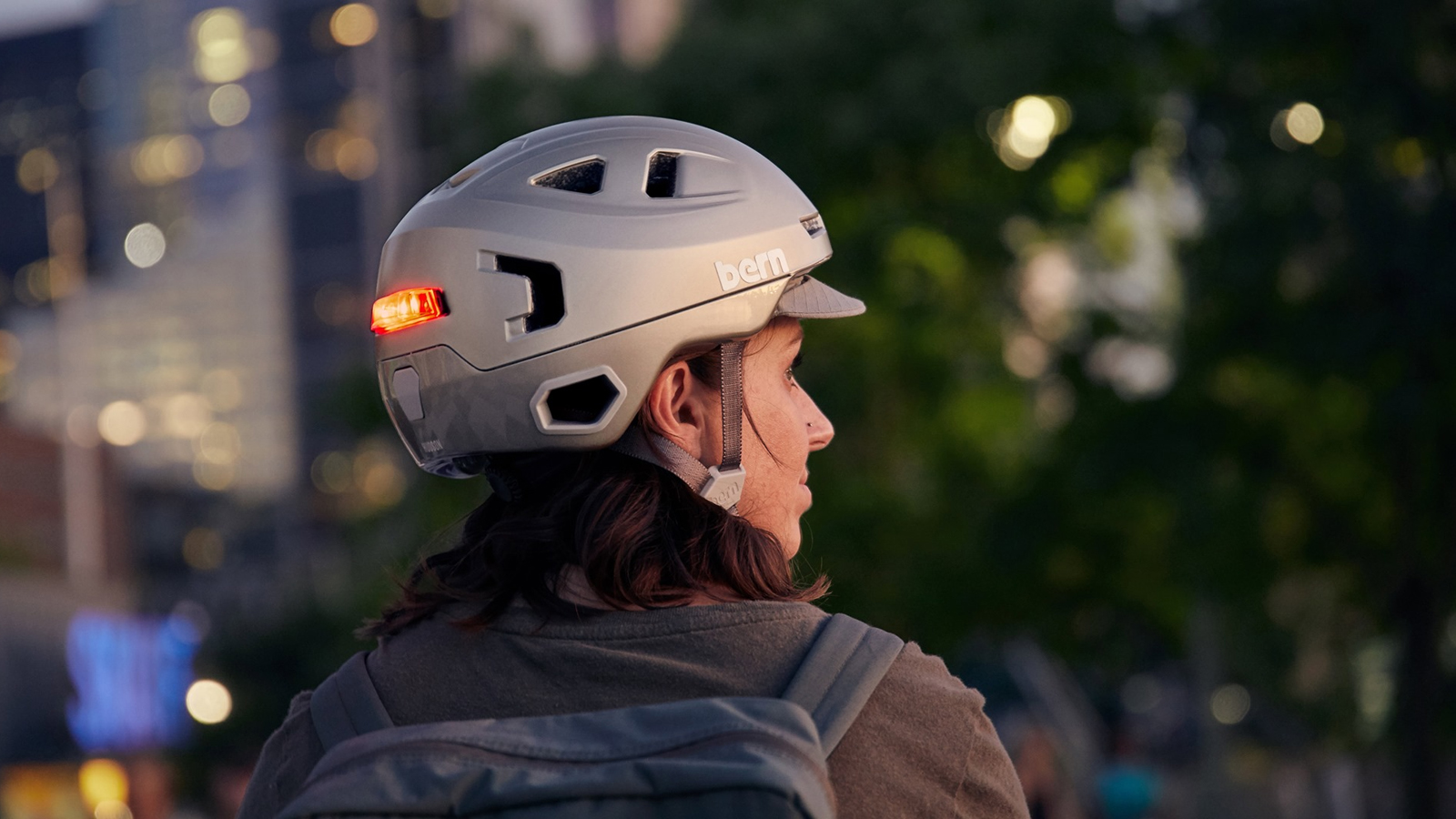
Could a women-specific helmet be safer?
"From my experience in brain imagining, you cannot tell any difference between the actual physiology between the male and female brain.”
Kelly Murphy, PhD Cognitive Neuroscience
This of course, therefore, raises the issue: do women need a women-specific helmet for safety reasons? This would of course mainly be needed if women and men had different brains, but according to professional track cyclist, Kelly Murphy, who happens to also have a PhD in Cognitive Neuroscience, they don't.
"I worked in brain imaging gender difference in terms of physiology, explains Murphy. "From my experience in brain imagining, you cannot tell any difference between the actual physiology of the male and female brain.
"The way the brain is shaped is actually very individual, it’s a little bit like a fingerprint; the actual shape of each brain is slightly different and quite personal and is specific to things like body size."
This pushes rhetoric that we therefore need to consider our individual head size to correlate with a helmet, rather than seek a helmet marketed to our gender.
"There's no known aspect of the brain that would be affected by the shape of a helmet," Murphy concluded. "It seems to be that one size does really fit all in that particular circumstance."
Conclusion
Overall, it would seem that women don’t necessarily need a women’s specific helmet in the same way as with other types of kit, like women's cycling shorts or women's jerseys. With helmets, the most important factor is whether or not the helmet fits your individual head correctly; regardless of your gender.
Therefore, if you are in the market for a new helmet and find that a women’s specific one fits, then that’s great, but all in all, this is a very individual product. Ensuring a safe fit around the circumference of your head and being able to tighten the straps adequately will be the most important aspects to consider when buying a new helmet.
